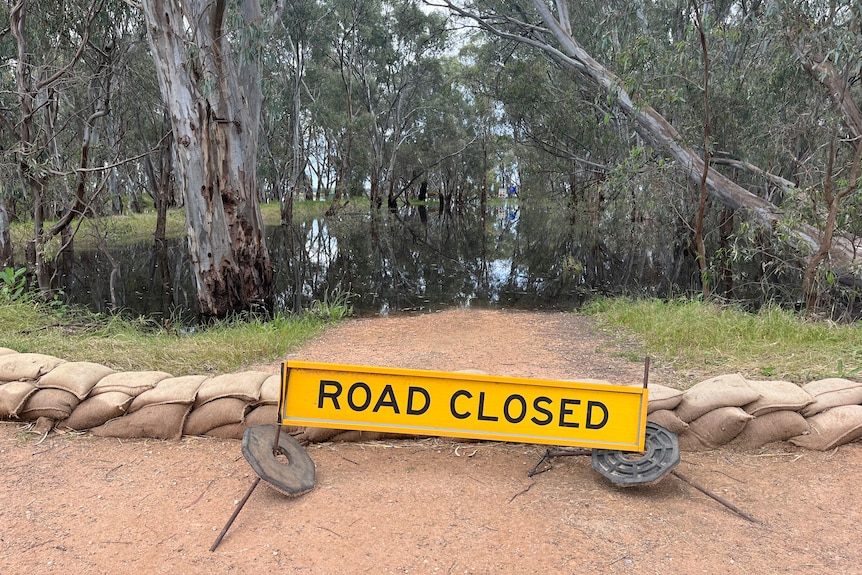Procrastination is a powerful tool.
In this world of goldfish attention spans, it can be best to wait out a difficulty until the focus moves away, and soon everyone will have forgotten.
The 10-month delay in the publication of the WA Forest Products Commission’s 2021/22 financial year’s production statistics might be such an example of avoiding accountability for poor performance.
Since 1919, these statistics have been published without fail alongside the state forestry agency’s annual report soon after the end of each financial year.
But for the first time, in 2022, the Forest Products Commission decided not to report on its operational performance.
When questioned, the response was that staff had “other priorities”.
It took a question in parliament from Dr Steve Thomas, Liberal MLC, South West Region, to elicit an acknowledgement from Forestry Minister Jackie Jarvis that “this was not okay”, and she instructed the FPC to complete the report by the end of June this year.
This date came and went. On July 25, the document finally appeared on the government website.
Reporting on performance is a critical component of government accountability when using government assets, and the 2021/22 statistics report reveals that many of the political claims and promises made have proven to be empty.
Former minister Dave Kelly had boasted that his government was a saviour of the pine plantation industry after being neglected by the previous government.
Sorry, but the statistics show plantations have deteriorated under Labor as they did under the Coalition.
Over the four years, while Dave Kelly was minister, the area of pine plantations under government control was reduced by 4500 hectares, or 1125 hectares a year.
Over the nine years of Coalition stewardship, the estate shrunk by 8000 hectares, or about 900 hectares a year.
Clearly, a failure by both sides of politics.
This erosion in the state’s timber resources will see a wood famine from 2030 to 2040.
To maintain the construction industry, particularly housing, there will need to be a massive increase in timber imports or a transfer to other materials.
The 2021/22 statistics report demonstrates the frailty of promises.
In November 2021, Dave Kelly announced an increase in the supply of 12,000 cubic metres of pine sawlogs to assist in alleviating the timber shortages resulting from the Covid stimulus-inspired housing construction boom.
But following this promise, the supply level decreased by 30,000 cub metres compared to the previous years.
No doubt there will be excuses for this poor performance, but there was no mea culpa from the minister.
When the government announced its native forest logging ban in 2021, it made promises.
It promised to honour all contracts through the end of 2023 and maintain the wood supply for furniture makers and domestic firewood.
But the statistics report shows that the production level from native forests fell by 25%.
Firewood supplies ran out during the middle of last winter, consumers went cold, and prices skyrocketed due to the failure to meet demand.
At the same time as it was struggling to supply wood, the government was paying workers to leave the industry.
There is now a real worry in the minister’s office that the firewood shortage will continue through the lead-up to the next state election in 2025.
The FPC has now instructed its remaining harvesting contractors to focus solely on producing firewood and to walk past high-value sawlogs.
The WA Forest Industries Federation’s Adele Farina has called out this panicked government response as a breach of trust.
She said this action would “starve” sawmillers at a critical time.
The government’s capacity to meet its obligations has been dealt a heavy blow as two harvesting contractors have closed ahead of the logging ban coming into force.
The transition of the industry has been poorly managed.
The government hasn’t prepared a future industry plan which will be required to use the logs from mine clearing and to facilitate ecological thinning.
Perversely, while the FPC couldn’t produce enough firewood, it was able to increase the supply of karri logs for export woodchips by about 20%.
These priorities seem to be misguided.
Why leave WA citizens shivering in the cold while supplies of woodchips for overseas are boosted?
Governments must be held to account for their decisions but also the performance arising from those decisions.
For the forest sector, data about what has been produced and the assets being held in trust for the future industry must be well understood.
We have seen a weakening of the transparency of government in its high-handed treatment of the forest sector over the past two years.
Without plans or results, it is difficult to hold people to account. It’s time for a change of approach to rebuild the trust necessary for the industry to grow to its potential.
And let’s hope that at least the minister can ensure the FPC publishes its statistics report more promptly for the 2022/23 financial year, which ended a month ago.






